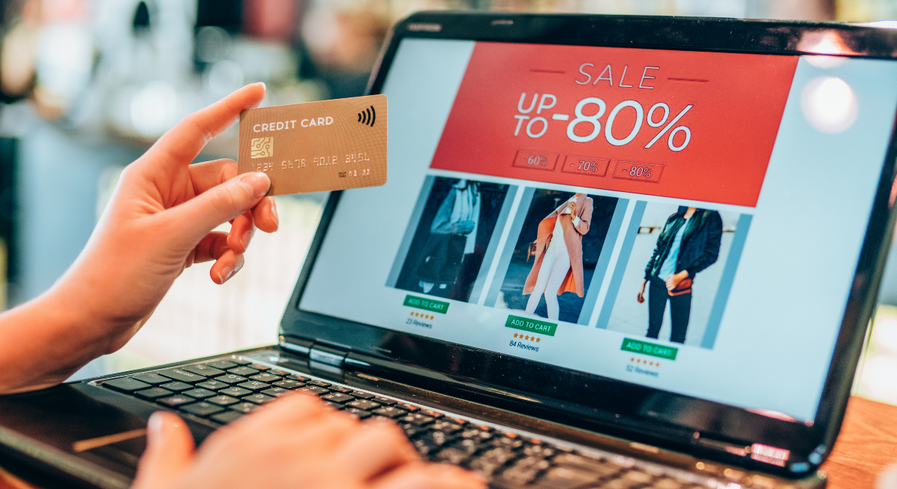‘Tis the season! Black Friday, stocking stuffers, that perfect item that you know someone will love—there are million and one reasons to start clicking for deals this time of year. But with all this opportunity to find a rare gem or save a buck, there are increased threats of scams and cyberattacks. Every year, cybercriminals also gear up for the holiday season by take advantage of the surge of online shopping—from creating phony websites to sending out highly targeted phishing emails.
HOW TO DETERMINE IF THE AD OR SHOPPING SITE IS GENUINE
As you browse the web, you’ll see various ads targeted at your interests. Businesses engage in ‘retargeting’ which means they use cookies to target you with very specific ads until you buy something. For example, look at a wallet on a major retailer’s site and you’ll inevitably see ads for wallets as you surf around the web. Are those ads genuine? Before clicking on any ad you see online and making a purchase, be sure to verify if the ad is genuine. The same goes for shopping sites. Before you shop, you need to ensure the site is genuine, especially since you will be sharing your credit card details or Personally Identifiable Information (PII) such as your address. Here are a few things to check before you make that online purchase.
Solid Use of English
Keep an eye out for grammatical errors or spelling mistakes in the ad. Fake ads and sites may look legit but they sometimes carry spelling mistakes or grammar errors that are their giveaway. Scammers don’t have content writers to write great sales content or marketing departments to ensure what they’re saying makes sense.
Check the URL
When you’re at a shopping site, always check the URL in the address bar to ensure it is genuine. For example, if you see www.1amazon.com or www.amazon-usa.com, you should know it is not the same as www.amazon.com. Checking the URL also lets you detect website cloning and phishing. Website cloning is one of the most popular methods used by scammers to fleece consumers. As the term suggests, the cybercriminal first creates a ‘clone’ site that looks exactly like the original one, except a very minor change in the URL which most consumers who are in a hurry overlook.
Don’t Get Phished!
Phishing is when you receive a message—usually through an email or a text message—asking you to do something, like click on a link, fill out a form, or log into an account. These messages look reasonable, but if you look closer, the form fill, account login, or link will take you to a phony site where your information will be captured for use in a myriad of ways. Checking the URL will help you detect phishing frauds as well.
Think Twice Before You Download Anything
Have you ever received a notice that you won something out of the blue? Or that by downloading a code, you can get free items with a purchase? Yep, most of the time, it’s fraud.
Download Only from Legitimate Marketplaces
With so many shopping options, it’s tempting to download every new app that you come across, especially those promising to save you money or earn free items. But only download from authorized marketplaces like Google Play Store for Android or the App Store for iOs.
YOUR SAFETY IS MORE IMPORTANT THAN THE NEXT PURCHASE

